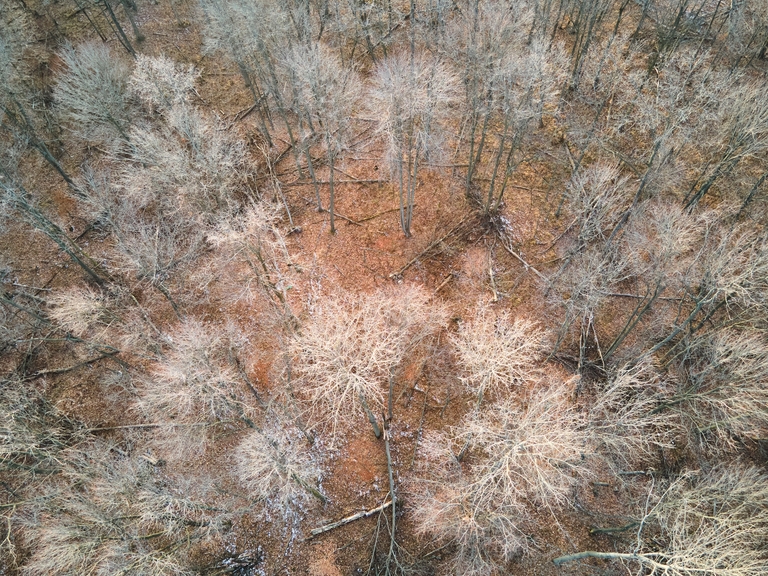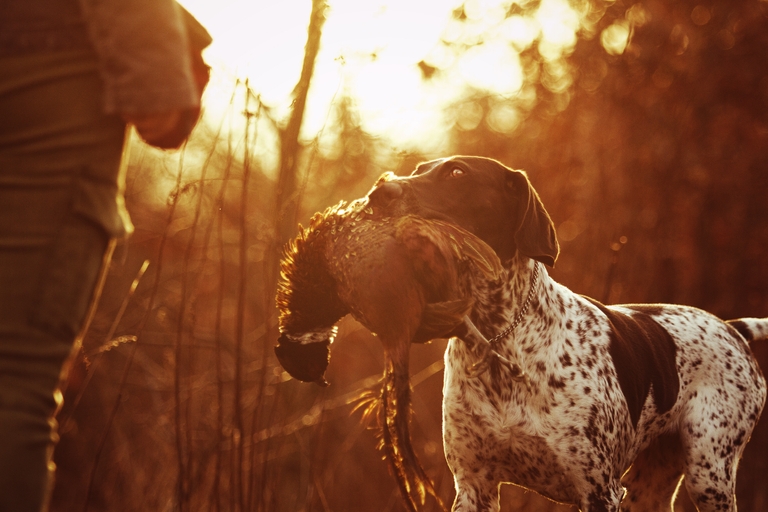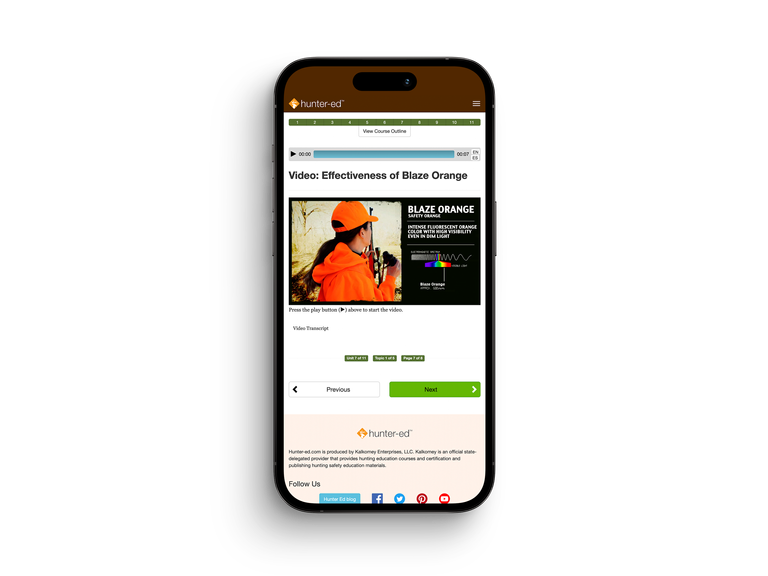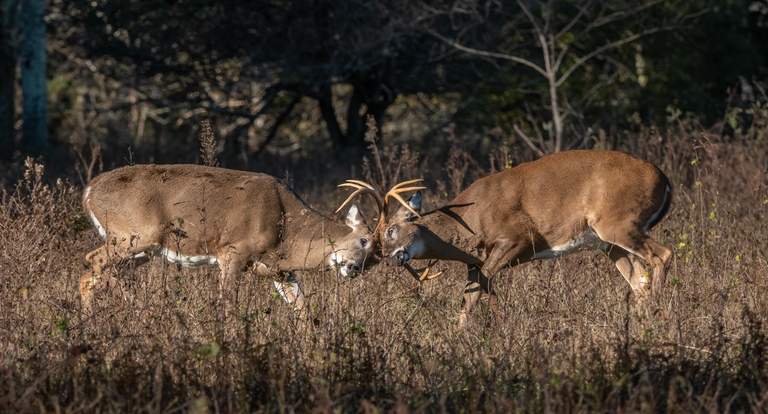Hunter Tip: Why You Need a Hunter Education Course

When preparing for a hunt, you have a lot to remember: your gear, your gun, your field care kit, extra ammo, a blaze orange hat, and more – but did you remember everything?
In most states, you must complete a hunter education course before getting your hunting license and heading out! A hunter safety course helps you have a better hunt while reducing the potential for dangerous mistakes.
So, keep reading to learn more about the importance of safety education before you hunt, which states require it, and what you'll learn when taking a course through Hunter-Ed.
What Will You Learn in a Hunter Education Course?
A state-approved safety course for hunters covers a wide range of topics. Courses are designed to prepare for a hunt, keep you safe while in the field, and help you bring home the game you went out to hunt.
Watch the video below for a glimpse at what you'll learn when you take a course through Hunter Ed.
Do you need your hunter education before you get a license? While we believe everyone can benefit from a hunter safety course to stay safe in the field, states also have specific requirements for hunters.
Check the list below to see if your state requires it. We also encourage you to double-check directly with your state before hunting season begins. Requirements can always change!
- Alabama: Anyone born after August 1, 1977
- Alaska: Anyone born after January 1, 1986, unless they are under 16 years old and supervised by a licensed hunter
- Arizona: Hunters 10 to 13 years old and hunting hunting big game
- Arkansas: Anyone born after January 1, 1969
- California: Any first-time hunter
- Colorado: Anyone born on or after January 1, 1949
- Connecticut: All first-time hunters or those who have not held a license within the past five years
- Delaware: Anyone born after January 1, 1967
- Florida: Anyone at least 16 years old and born on or after June 1, 1975
- Georgia: Anyone born after January 1, 1961
- Hawaii: Anyone born after December 31, 1971, or before January 1, 1972, who cannot show proof of a Hawaii hunting license issued before July 1, 1990
- Idaho: Anyone born after December 31, 1974, unless they can show proof they held a license previously
- Illinois: Anyone born after January 1, 1980
- Indiana: Anyone born after December 31, 1986
- Iowa: Anyone born after January 1, 1972
- Kansas: Anyone born on or after July 1, 1957, unless they are 15 years old or younger and hunting under the direct supervision of an adult who is at least 18 years old (or hunting on land that they own)
- Kentucky: Anyone 12 years or older or born on or after January 1, 1975
- Louisiana: Anyone born after September 1, 1969
- Maine: Anyone, unless you can show proof of having previously held an adult license to hunt with firearms at any time beginning in 1976
- Maryland: Junior licensees who buy a hunting license and other first-time hunters, unless they show proof they held a license issued before July 1, 1977
- Massachusetts: All first-time hunters 18 years old or older
- Michigan: Anyone born after January 1, 1960
- Minnesota: Anyone born after December 31, 1979
- Mississippi: Anyone born after January 1, 1972
- Missouri: Anyone 11 to 15 years old who hunts alone with a firearm; anyone at least 16 years old who was born after January 1, 1967, who buys a firearms season hunting permit
- Montana: Anyone born after January 1, 1985
- Nebraska: Hunters 12 to 29 years old who hunt with a firearm or airgun
- Nevada: Anyone born after January 1, 1960
- New Hampshire: Any first-time hunter
- New Jersey: Anyone who has never had a hunting license
- New Mexico: Hunters under 18 years old who apply for or buy a firearms hunting license
- New York: Hunters at least 12 years old unless they can show proof they held a license previously
- North Carolina: Any first-time hunter and anyone under 16 years old who plans to hunt without an adult
- North Dakota: Anyone born after 1961
- Ohio: All first-time hunters, except those using an apprentice license and hunting with an adult
- Oklahoma: Anyone 10 to 30 years old, except those under 30 who are using an apprentice license and hunting with a licensed hunter who is at least 18 years old and has completed hunter education
- Oregon: Hunters under 18 years old
- Pennsylvania: All first-time hunters and trappers
- Rhode Island: All hunters
- South Carolina: Anyone born after June 30, 1979
- South Dakota: Hunters under 16 years old
- Tennessee: Anyone born after January 1, 1969
- Texas: Anyone born after September 2, 1971
- Utah: Anyone born after December 31, 1965
- Vermont: Anyone, unless they can show proof of having a hunting license from another state or province
- Virginia: Hunters 12 to 15 years old and all first-time hunters
- Washington: Anyone born after January 1, 1972
- West Virginia: Anyone born on or after January 1, 1975
- Wisconsin: Anyone born after January 1, 1973
- Wyoming: Anyone born after January 1, 1966, unless they are enrolled in the Wyoming Hunter Mentor Program
You can also find information about who needs hunter education on the Hunter-Ed course page for your state.
Which Course Do I Need?
Hunter-Ed makes it easy to fulfill state requirements for hunter education. All of our courses are 100% online, and you can take your exam online and order your card online, too.
When you choose your course through Hunter-Ed, you have chosen a state-approved course that's up to date with the latest safety best practices and regulations for hunters. You can also access our free study guide to reference any time (before or after passing your exam) to stay current!
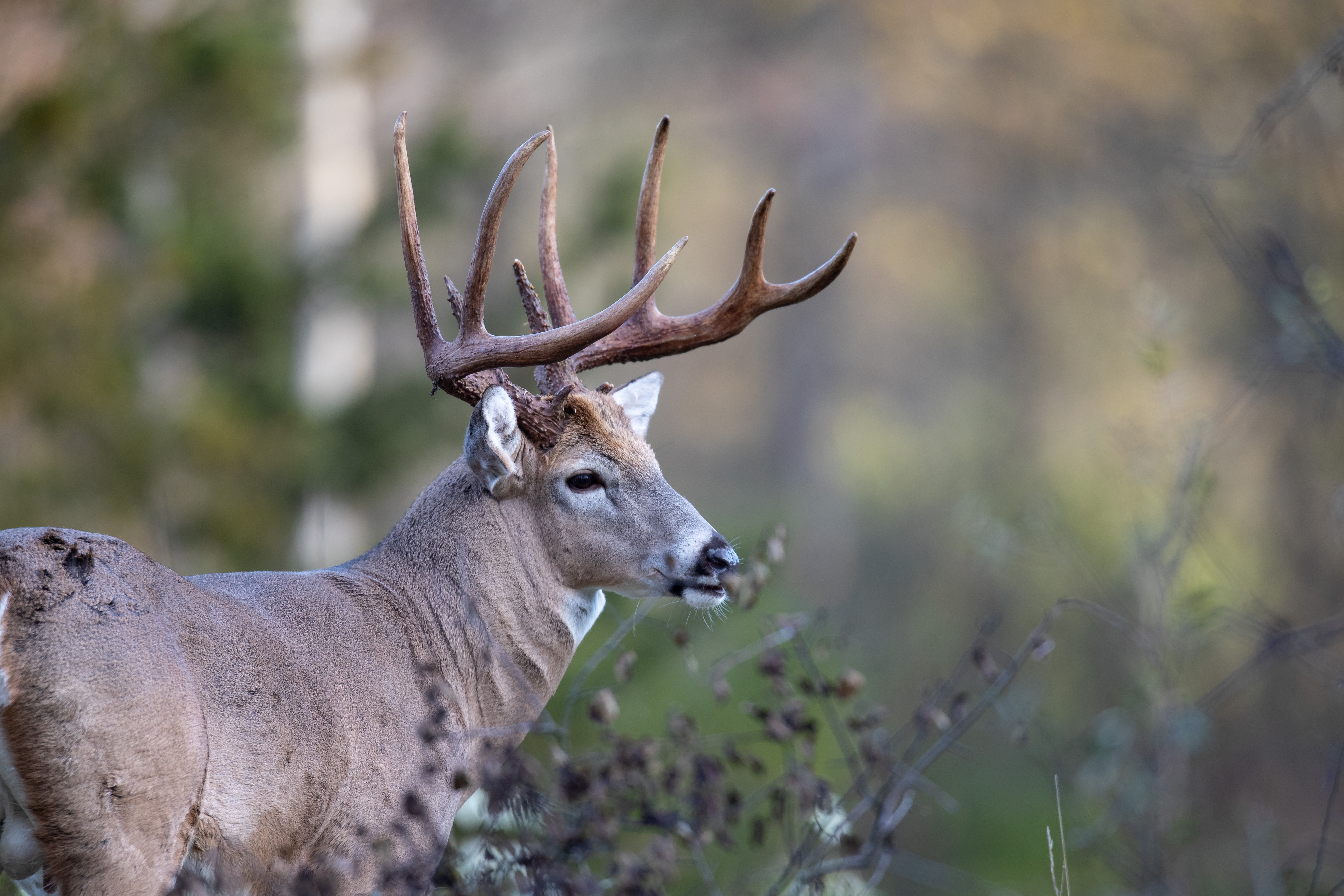
Take Your Hunter Education Course Before Opening Day
A hunter safety course is essential for a successful hunt for hunters of any age and skill level. As you plan for your upcoming hunting season, make sure you and everyone in your hunting party have taken a course to stay safe in the field.
Especially for young or new hunters, a safety course helps prepare them with safety best practices, shooting tips, firearm handling and transporting tips, and survival techniques while on a hunt.
Find your course and get certified before opening day!
Originally published October 23, 2015. Updated January 29, 2024.

